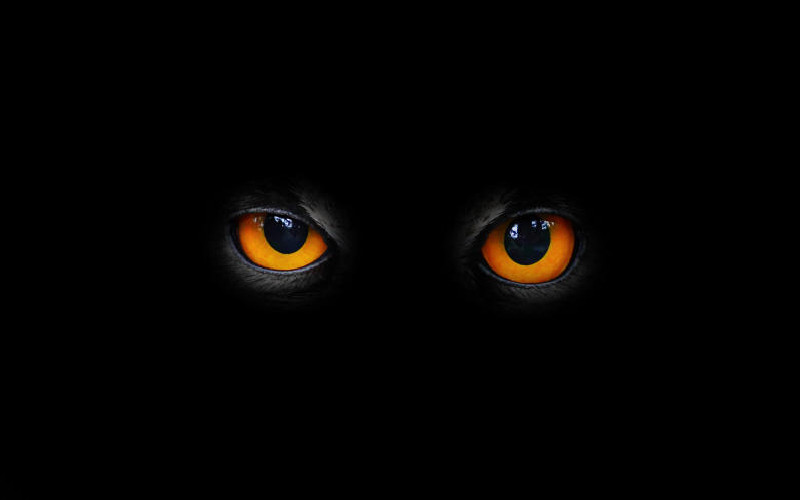×
The Standard e-Paper
Kenya’s Boldest Voice

Before he struck a deal with the devil, Tom Walker had begun to think he was cursed. Everything in his life was going south.
His wife 'was a fierce of temper, loud of tongue, and strong of arm. Her voice was often heard in wordy warfare with her husband; and his face sometimes showed signs that their conflicts were not confined to words.'